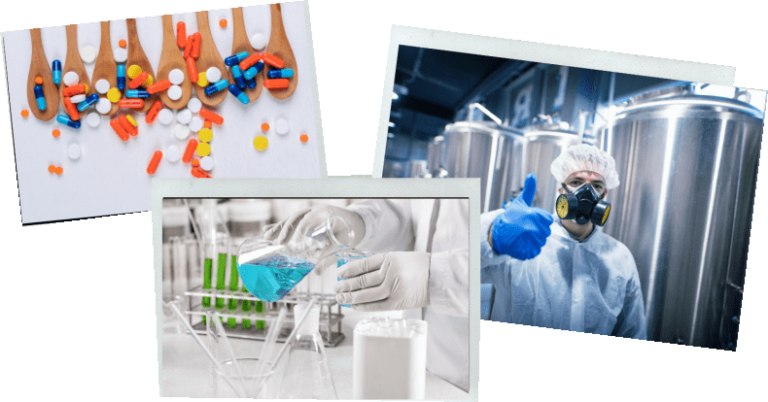In both PCD franchises and third-party manufacturing, leveraging advanced technology and maintaining rigorous quality standards are essential for success. Technology enhances efficiency, consistency, and market reach, while strict adherence to quality standards ensures product safety, efficacy, and regulatory compliance. By focusing on these aspects, pharmaceutical companies can build a strong reputation and achieve sustained growth in the highly competitive pharmaceutical market. When it comes to the pharmaceutical industry, particularly in the contexts of PCD (Propaganda Cum Distribution) franchises and third-party manufacturing, technology and quality are crucial factors that significantly influence success. Let’s delve into how these aspects are managed and their importance in each context:

A PCD franchise in the pharmaceutical industry involves a company granting distribution and marketing rights to an individual or another company for its products. Here, technology and quality play vital roles in maintaining the brand’s reputation and ensuring compliance with industry standards.
Third-party manufacturing involves a pharmaceutical company outsourcing the production of its products to another manufacturing facility. Here, technology and quality are equally important to ensure the integrity and efficacy of the products.